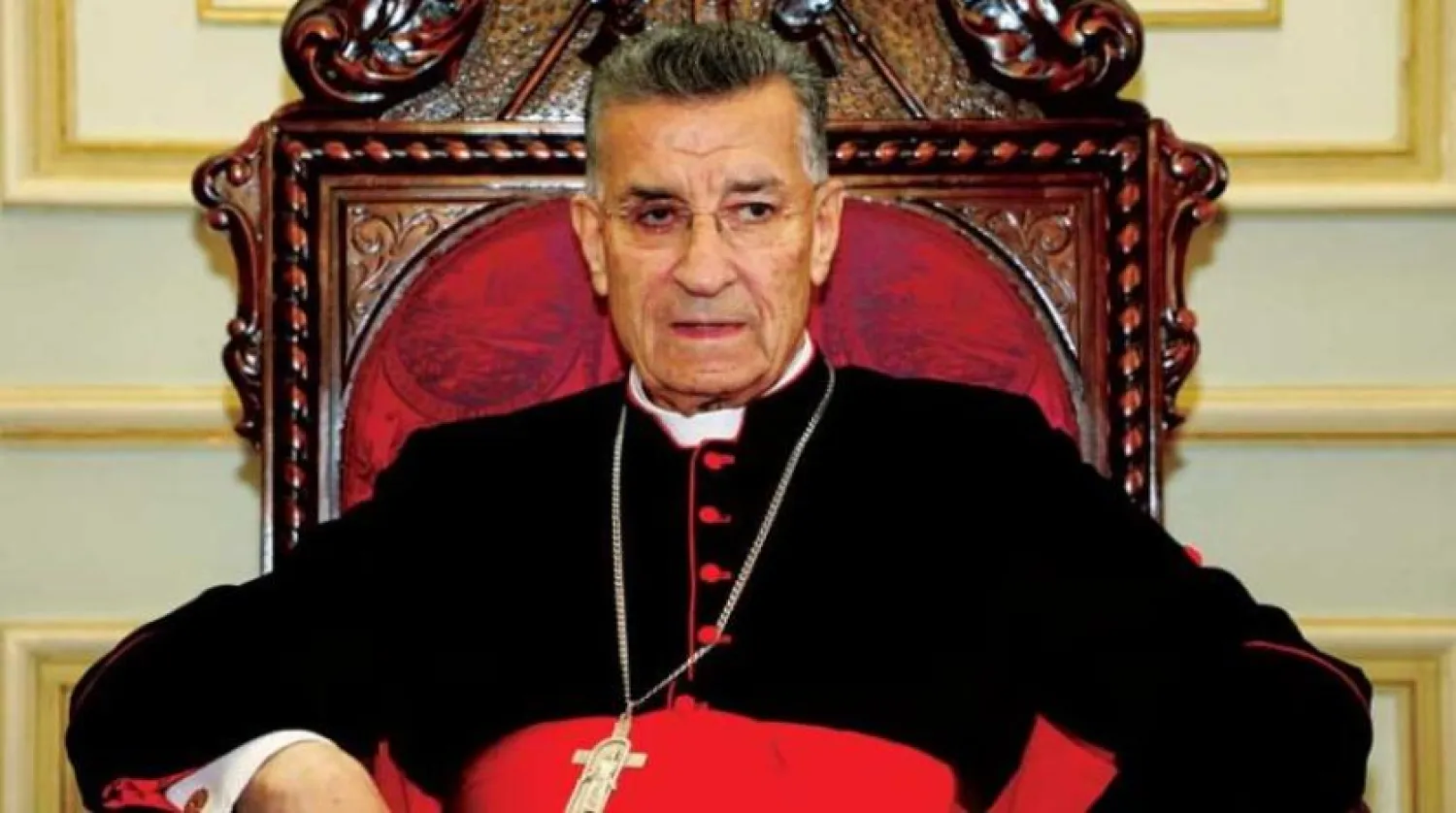Lebanon’s Maronite Patriarch Beshara al-Rahi launched on Sunday a scathing attack against “complacent” MPs who have failed to elect a president since Michel Aoun’s term ended in November.
During his Sunday sermon, he said the lawmakers’ blind following of their political leaders was tantamount to “great treason.”
The Lebanese people are suffering from poverty and hunger. They are deprived of food and medicine. They don’t have rights and justice. All of this is the result of the poor performance of politicians, who have betrayed the people, declared al-Rahi.
“By blindly following their leaders, the MPs are refraining from electing a new president and consequently, deepening the crises at constitutional and public institutions,” he continued.
“They are deepening the people’s misery and forcing them to immigrate. Isn’t this great treason? Rather, isn’t this a great crime against the Lebanese people and state?” he asked.
They speak of the need for dialogue to agree on a presidential candidate through consensus, while others are clinging on to their candidate and seek to impose him on others, added al-Rahi.
Should dialogue actually happen, then Lebanon and its people should be its top priority. This will then be followed by the search for the best candidate who can lead the country during these conditions, he explained.
Meanwhile, parliament Speaker Nabih Berri told Asharq Al-Awsat that he was “not pessimistic” over the presidential impasse.
He revealed that he will not call parliament to convene to elect a president until he senses that a candidate can be chosen or senses “real competition at the polls”.
He stressed that there will be no repeat of the “charades”, a reference to previous “routine” elections sessions that have not yielded a victor.
The Lebanese parties are the main factor in the electoral process, he stated.
Any foreign efforts to help elect a president can only be successful with a decision from within Lebanon, he went on to say.
“Everyone must realize this and not surrender to the vacuum,” Berri urged.
Moreover, the speaker said the delay in the election of the president cannot extend to month and years, especially since the country needs, now more than ever, every single effort to help it resolve its crises.
He underscored the need for the caretaker government to convene to address the people’s essential and pressing concerns, remarking that its failure to meet is a constitutional violation.
He made this last statement in reference to the Free Patriotic Movement’s (FPM) objection to the cabinet holding sessions amid the presidential vacuum.
Greek Orthodox Archbishop of Beirut Elias Audeh, meanwhile, said that the current state of affairs in Lebanon can be blamed on “pride and selfishness”, “suspicious associations” and “sectarian interests, gains and divisions”.
“Stubbornness, arrogance, spite and settling scores have only led us to the current state of collapse,” he lamented.
“It is time to return to reason, humility and the constitution that alone can set our lives straight,” he said.
“Every official, leader and citizen should perform their duty in saving this country,” he urged.
“How can parliament, which is entrusted with implementing the constitution, hold back from electing a president? What do the obstructors have to gain from this?” he wondered.
Jaafari Mufti Sheikh Ahmad Qabalan underlined the need to elect a president who seeks national interests.
“Any error in this regard will lead to Lebanon’s demise,” he warned.









